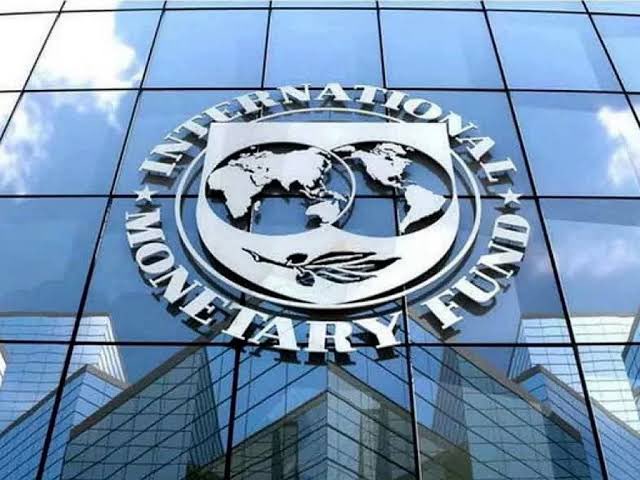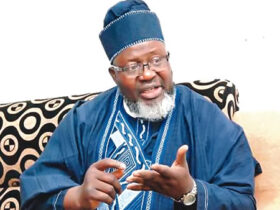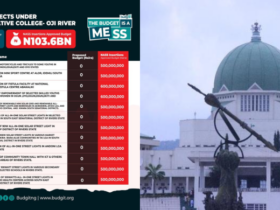
The International Monetary Fund (IMF) has urged the Nigerian government to eliminate what it termed implicit subsidies on fuel and electricity.
In a recent report, the IMF highlighted that these subsidies are projected to consume three percent of the nation’s Gross Domestic Product in 2024, up from one percent the previous year.
The IMF praised the Federal Government for taking steps such as phasing out “costly and regressive energy subsidies,” emphasizing the importance of creating fiscal room for development expenditures and bolstering social protection while ensuring debt sustainability.
According to Punch report, IMF noted, however, that “adequate compensatory measures for the poor were not scaled up promptly and subsequently paused over corruption concerns. Capping pump prices below cost reintroduced implicit subsidies by end-2023 to help Nigerians cope with high inflation and exchange rate depreciation.”
The body also acknowledged that the price of electricity had tripled for high-use premium consumers on Band A feeders, 15 per cent of the 12 million customers who account for 40 per cent of electricity usage.
As Nigerians agitate for the reversal of the Band A tariff from N206.80 per kilowatt-hour to N68, IMF submitted that “the tariff adjustment will help reduce expenditure on subsidies by 0.1 per cent of Gross Domestic Product, while continuing to provide relief to the poor, particularly in rural areas. “
The IMF advocated that “once the safety net has been scaled up and inflation subsides, the government should tackle implicit fuel and electricity subsidies.”
It warned, “With pump prices and tariffs below cost-recovery, implicit subsidy costs could increase to 3 per cent of GDP in 2024 from 1 per cent in 2023. These subsidies are costly and poorly targeted, with higher income groups benefiting more than the vulnerable.”
The IMF reechoed that “as inflation subsides and support for the vulnerable is ramped up, costly and untargeted fuel and electricity subsidies should be removed, while, e.g., retaining a lifeline tariff.”
It projected that the implicit fuel subsidy could gulp as high as N8.4tn in 2024 from N1.85tn in 2023, N4.4tn in 2022, N1.86tn in 2021 and N89bn in 2020.









Leave a Reply